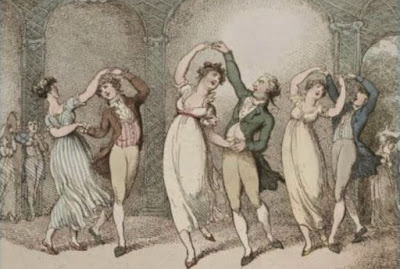STORIES: “The Student’s Wife,”
“What Do You Do In
Answer TWO of the following:
Q1: Most of Carver's stories are very light on "story" (what happens) and indeed, some of them are basically just conversations between the main characters. So how does Carver use "plot" (how the story is told) to make them more interesting and literary? How does his storytelling make each story rise above being a mere anecdote or just a collection of overhead conversations?
Q2: "What Do You Do In San Francisco?" is typical of Carver's first-person stories, where the narrator typically becomes obsessed and increasingly erratic as the story goes on. Why does the narrator become so fascinated with Marston? What does he seem to represent for the narrator? Related to this, do we like and/or sympathize with the narrator's efforts?
Q3: Almost all of Carver's stories are about lower middle-class relationships, usually a husband and wife, usually inching into middle age. Why might these characters, who are extremely ordinary, have been so 'new' at the time they were published? Why might, in a sense, did Carver have to "create" these characters (to quote Culler) to be able to use them in his stories?
Q4: In the story, "Neighbors," a "happy" married couple finds new excitement in their marriage by rummaging through their neighbors' apartment. Toward the end of the story, the wife tells her husband, "Maybe they won't come back," to which he replies, "It could happen" (92). What do they seem to find in the apartment that makes them wish for the neighbors' demise? What does sneaking through drawers and closets seem to invigorate their marriage?







